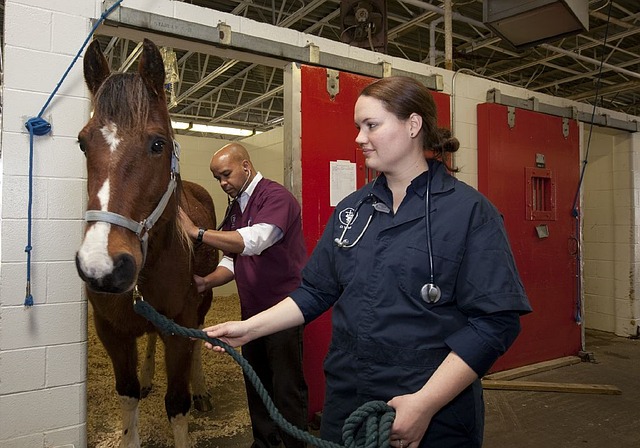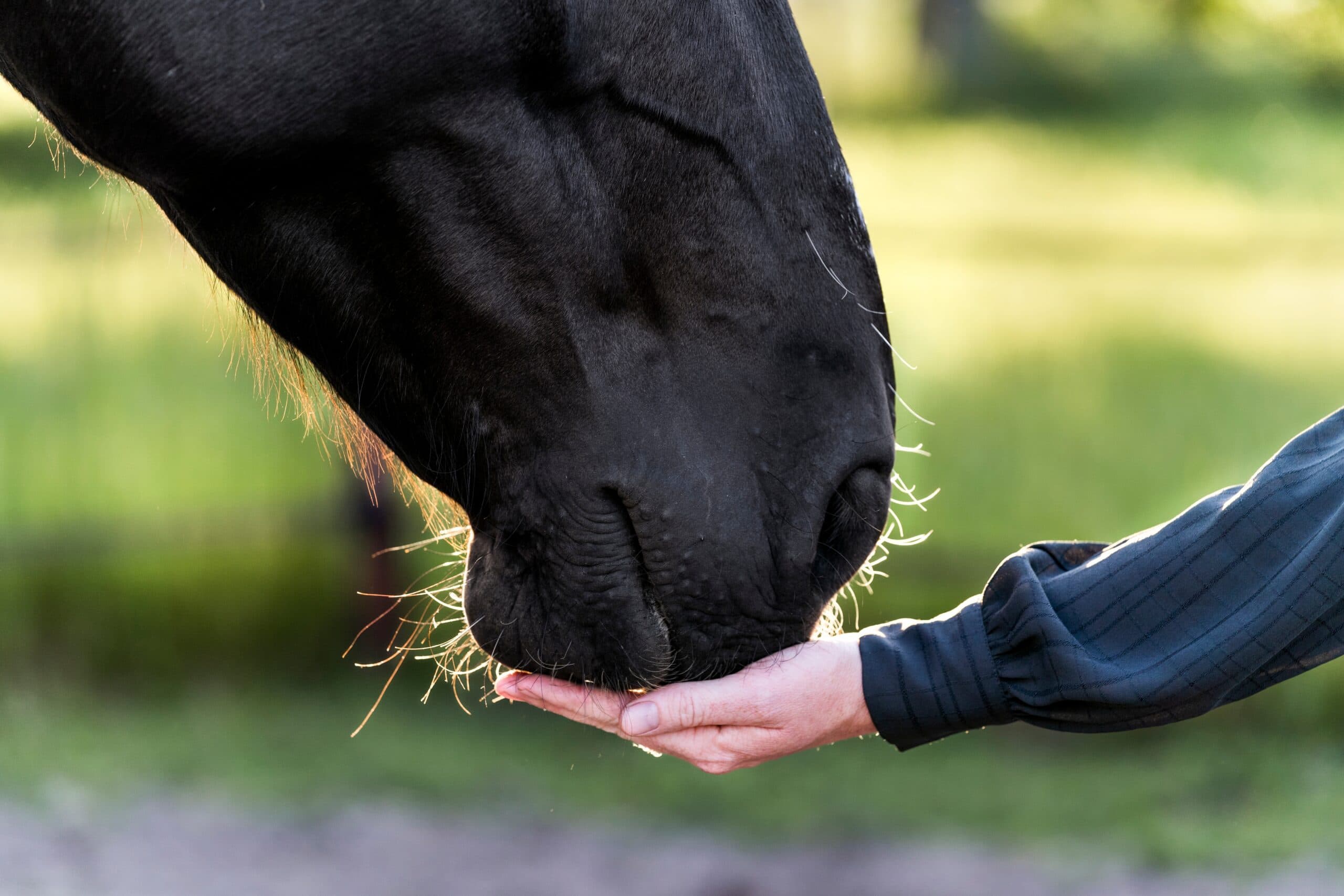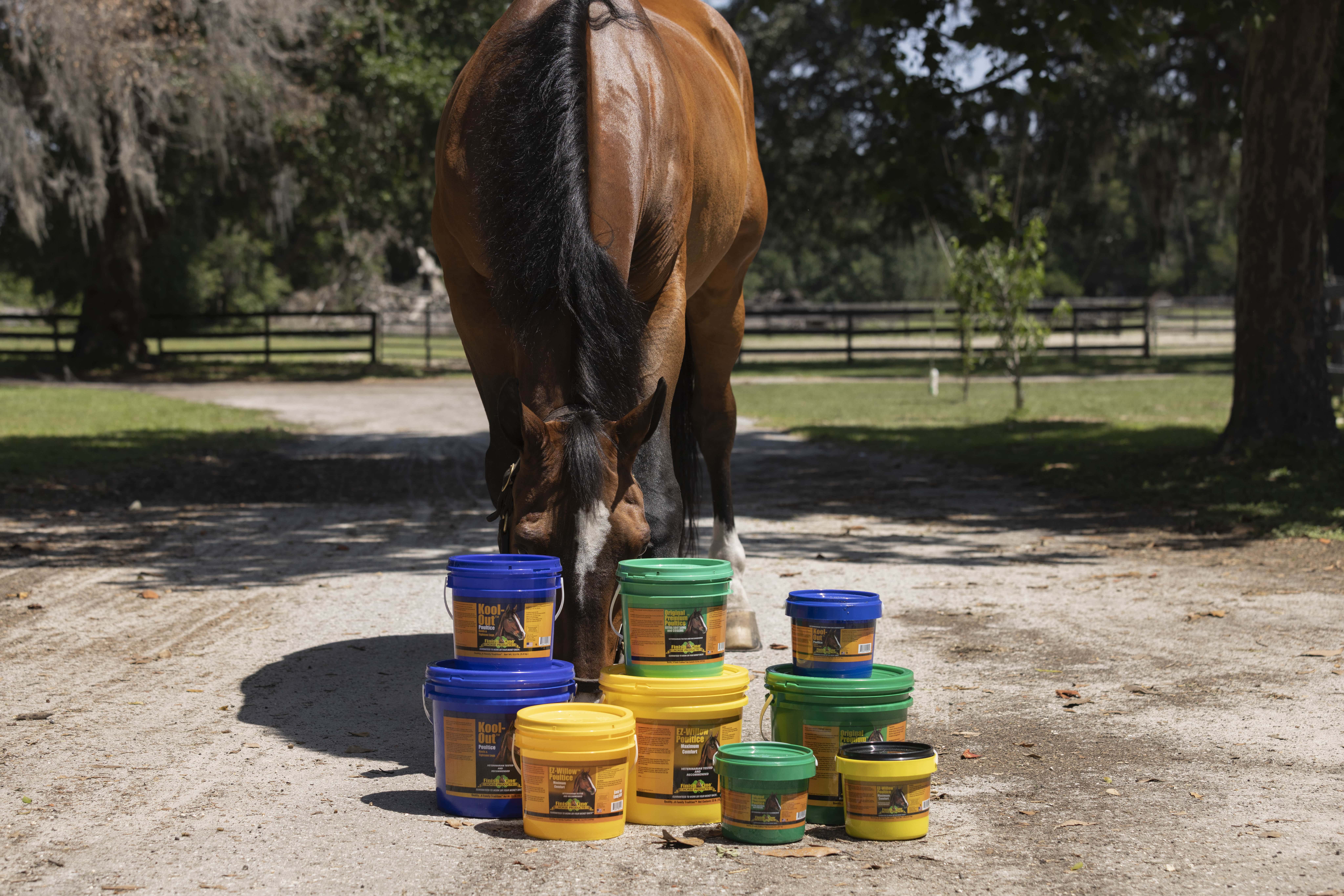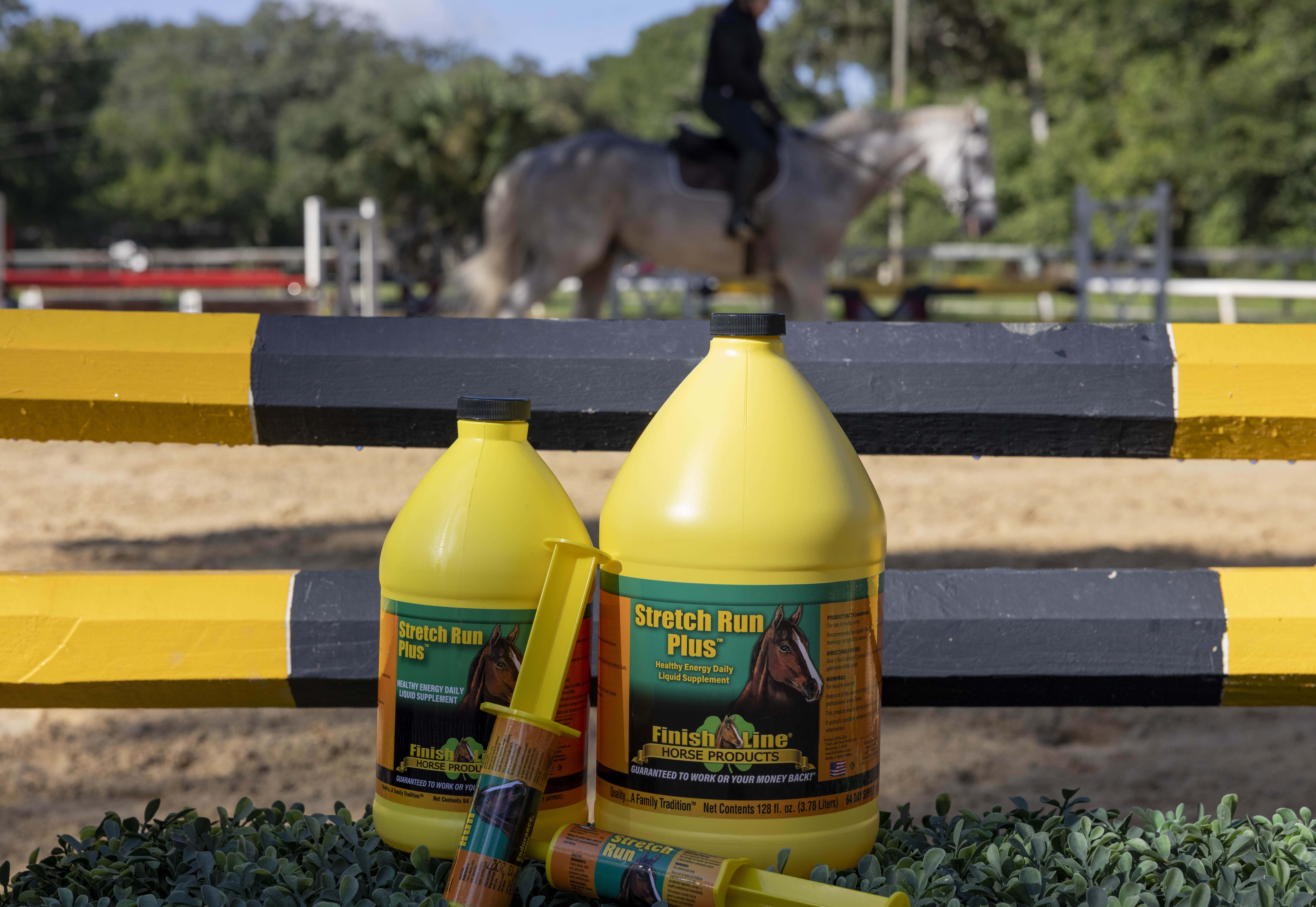Vaccinations are marvels of medical science – advancements in the prevention of diseases that have thus far kept countless people from contracting powerful and potentially fatal ailments. However, humans are not the only animals that require these precautionary treatments. Diseases caused by harmful viruses, bacteria, fungi and parasites can affect everything from household pets to farm animals. Horses are no exception and there are vaccines made specifically for protecting equines.The vaccines given to horses depend on a variety of factors like their age, their potential risk factors for contracting specific ailments and the time of year, among other things. The topic of horse vaccination is an important one because in worst case scenarios, it becomes a matter of life and death for the equine. So, it is important that owners are knowledgeable of all things related to vaccines to protect the health of their horses.
Basic information
“Foals should be vaccinated within their first year of life.”
Elizabeth Davis, professor and section head of equine medicine and surgery at Kansas State University’s College of Veterinary Medicine, told Practical Horseman Magazine that vaccines are biological preparation systems that activate an organism’s immune response processes and prepare it to fight bacteria and all other causes of disease. Some vaccine shots are comprised of dead or inactive viral organisms or disease strains combined with adjuvants which stimulate the immune system. Others contain living but weakened versions of the biological contaminants – healthy enough to produce an immune response but will not result in the actual onset of disease. The immune system registers the contents of the vaccine as harmful and tells the white blood cells to eliminate any additional pollutants of that kind if they are discovered, defeating the disease.
Vaccines are at their most effective when used under the distant or immediate supervision of a veterinarian. Davis told Practical Horseman Magazine that veterinarians are helpful sources of guidance when vaccinating horses. They can minimize risk of unwanted outcomes and should always be consulted before administering shots.
“You may be vaccinating your horse yourself, but you should still get your veterinarian’s input on the ideal protocol,” Davis said to Practical Horseman.
“The AAEP splits vaccinations into two types: core and risk-based.”
Dale Brown, an ambulatory practitioner at Rood & Riddle Equine Hospital in Lexington, Kentucky, along with Davis told equine information hub The Horse that the American Association of Equine Practitioners’ vaccination guidelines are also excellent sources of information. The guidelines split vaccines into two categories called core and risk-based.
The AAEP’s core vaccines are for diseases that pose the greatest risk of contraction, those required by law, ones that are highly infectious and those native to certain geographic areas. These vaccines are generally proven to be highly effective with minimal safety risk, thus justifying their widespread use.
Risk-based vaccinations can vary on a region-by-region, or even horse-by-horse basis. These vaccines are recommended or protested by veterinarians based on each individual equine’s risk of contracting the accompanying the disease; if risks are low then the vaccine would not be necessary. The AAEP’s risk based-vaccines include: influenza, equine viral arteritis, anthrax, botulism, equine herpesvirus type 1 and 4, strangles, equine rotaviral diarrhea and snake bites.
“The majority of vaccines on the market are highly efficacious, and although no vaccine can assure 100 percent prevention of a particular disease, they can significantly reduce the risk of disease or clinical signs, many of which can be fatal in the unvaccinated horse,” Brown told The Horse.
Core vaccinations
According to Practical Horseman Magazine, every horse in the U.S. is generally advised to get all the AAEP’s core vaccinations, as listed below.
Tetanus
This disease is caused by the spore-forming bacterium Clostridium tetani, a powerful neurotoxin producing organism whose presence usually results in death, according to Equine Management. The bacterium is generally found in soil where it can lay dormant for years and poses an ever present threat to both humans and horses. It is also found in the feces and intestinal tracts of both species. The disease results from the bacterium infecting any open wounds and exposed tissues on the body, although it is not contagious. However, horses are particularly susceptible.
A horse needs a tetanus vaccination annually, but if they get a wound and the most recent shot was given more than six months prior, then another shot is necessary.
Rabies
This is a neurological disease that generally affects wild terrestrial animals like dogs, skunks, coyotes and bats. Horses can contract the disease, however cases of this are uncommon. Contraction occurs when one animal is bitten by another that suffers from rabies. Bites on horses are typically observed on the lower limbs, face and muzzle. The disease is fatal, and anyone coming into contact with an infected horse is placed at significant risk.
Horses with rabies can exhibit some signs of rabidity and aggression but are generally depressed and apathetic. The disease spreads quickly, usually killing the animal in three to five days.
Eastern and Western Encephalitis, or EEE and WEE
These two diseases generally originate in wild birds and rodents. The animals are then bitten by mosquitos that transmit the disease to horses and, in some cases, humans. EEE has historically been diagnosed within horses in southern, eastern and southeastern states while WEE generally affects the West Coast. However, cases of both have been reported all over the country.
Both diseases affect the horse’s nervous system, but Equine Management stated EEE is the more deadly of two, as its mortality rate is around 95 percent compared to 25 to 50 percent for WEE. Young horses are particularly susceptible to EEE.
“Vaccines for EEE and WEE are usually combined into one shot.”
Vaccines for both diseases are usually combined into one shot and often coupled with other vaccines like tetanus. Shots should be given during the spring to prepare the horse’s immune system for mosquito season during the summer. Some veterinarians recommend vaccinating horses every four to six months in areas where mosquitoes are active throughout the year.
West Nile virus
Like EEE and WEE, the WNV is also spread via mosquitos biting birds and then horses and humans, and it also attacks the nervous system. However, even with these similarities, it belongs to a different family of viruses. Equines make up 96 percent of the animals affected by the disease when excluding human sufferers.
The virus is present across the continental U.S., Mexico and most of Canada. Its geographic trajectory of infection is very difficult to anticipate due to regional differences in mosquito and bird populations. WNV vaccination practices are identical to those for EEE and WEE.
“If you import a horse, be aware that vaccination for these mosquito-borne diseases isn’t routine in Europe and the horse may have no protection against them,” Dr. Davis said to Practical Horseman Magazine. “Find out the horse’s vaccination history, and get the initial series before he comes, so he’s protected on arrival.”
Things to consider when vaccinating
Illness and age
There are a number of things that need to be taken into consideration before actually giving your horse a vaccine. One of those things is thinking about the equine’s physical condition. For example, giving a vaccine to an already sick horse is not recommended.
“I wouldn’t give vaccines to any sick horse, or one receiving medication to combat or manage infection,” Davis told The Horse.com. “The immune response at the time of that illness, especially with infectious disease, is pretty much maximized, trying to ward off that challenge.”
Davis advised waiting two weeks after the horse has made a full recovery and has been off medication to deliver any vaccines. A supplement such as Finish Line’s TOTAL CONTROL® Plus, which is a combination of five health-based products to a treat a number of issues, can help promote healthy immune function. A period of rest and other aids can give the horse’s immune system ample time to reboot and will allow it to properly respond to the vaccination.
“Foals should be vaccinated within their first year of life.”
A horse’s age should also be taken into account. Foals should be vaccinated within their first year of life, starting a habit that should continue until their final years. However, vaccinations become slightly trickier as horses become seniors. Davis told The Horse.com that as animals age, their white blood cell count decreases and their ability to ward off disease declines with it. There are studies testing whether older horses require more frequent vaccines to better fight pathogens and compensate for their faulting immune systems, but there currently is not enough information available to justify the practice.
A previous condition could also affect the success of a vaccine in an older horse. Davis recommended working with a veterinarian to determine what the best course of action is in vaccinating a horse with preexisting conditions.
The American Association of Equine Practitioners on offers guidelines on vaccinating adult horses and as well as foals.
Jobs
Recommended vaccinations also depend on a horse’s job. Horses that participate in competitions and visit places with other equines could be exposed to disease and would require vaccines in these cases. Some diseases can be spread without a horse showing any signs or symptoms. Even a friendly trip to a neighboring barn can result in a sickness if horses are not properly vaccinated.
Practical Horse Magazine noted that breeding mares should be vaccinated to prevent disease from causing an unwanted abortion. They also need revaccination shots four to six weeks before giving birth so that the colostrum, or mother’s milk, is full of antibodies that protect the foal during its first few months of life.
However, if a horse comes under an owner’s care and its vaccination history is unknown, Davis told The Horse.com that their vaccination cycle should be started fresh, as if they were a foal, to ensure they receive all the necessary disease protections.
Other things to note
Owners may be concerned their horse is having an adverse reaction to a vaccine, which can include fever, swelling and soreness at the injection site, lack of appetite, diarrhea and potentially fatal anaphylactic shock. But these symptoms are uncommon according to Brown.
“Although adverse vaccine reactions are possible, they are quite rare when the vaccines are given appropriately following the labeled dosage, route of administration, and using aseptic (sterile) technique,” he told The Horse.com
Brown also noted overvaccinating horses can be a worrying concern, but that is why every horse’s history and condition should be considered when administering vaccines. The goal is to protect horses from disease while also keeping those same protections from causing other ailments.
There is no universal guide to vaccinating horses. Each individual shot that is delivered must be done with horse’s past, present and future in mind because the equine’s life could potentially be on the line.








